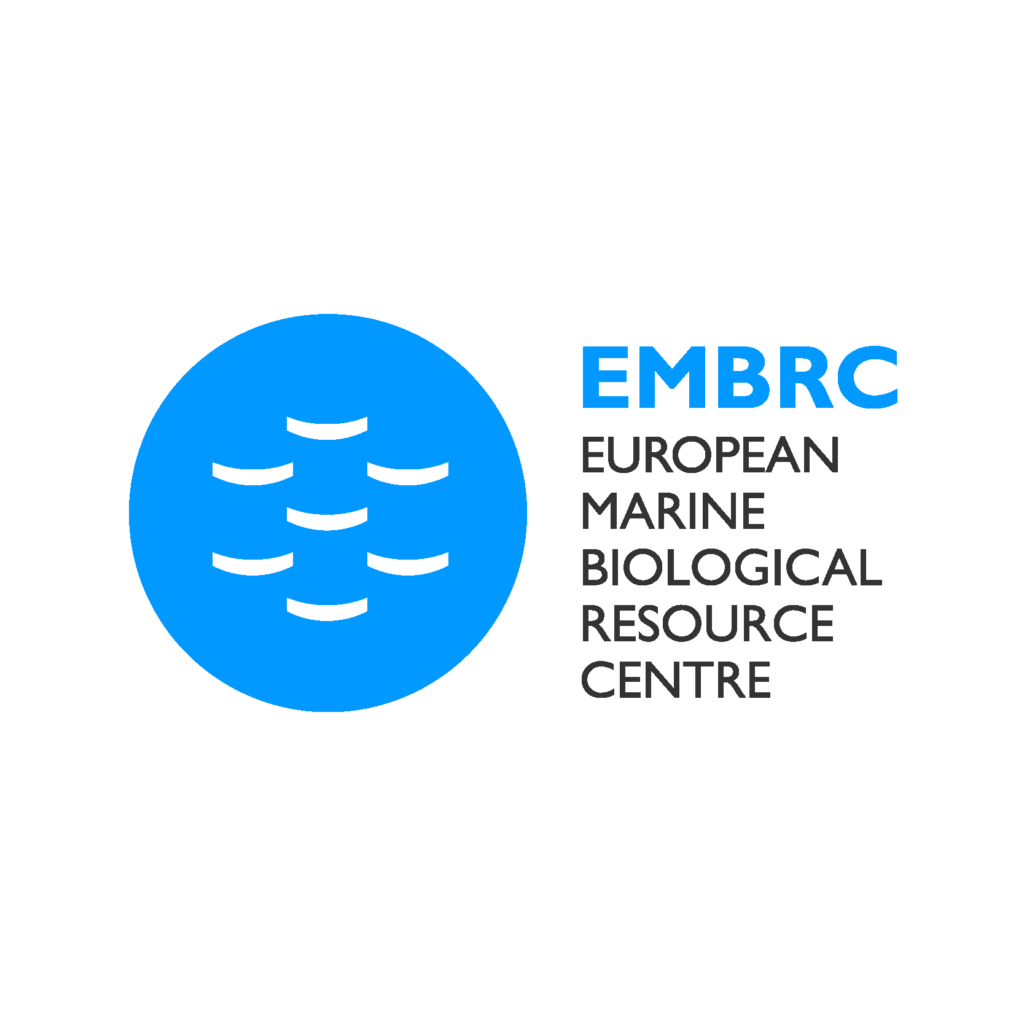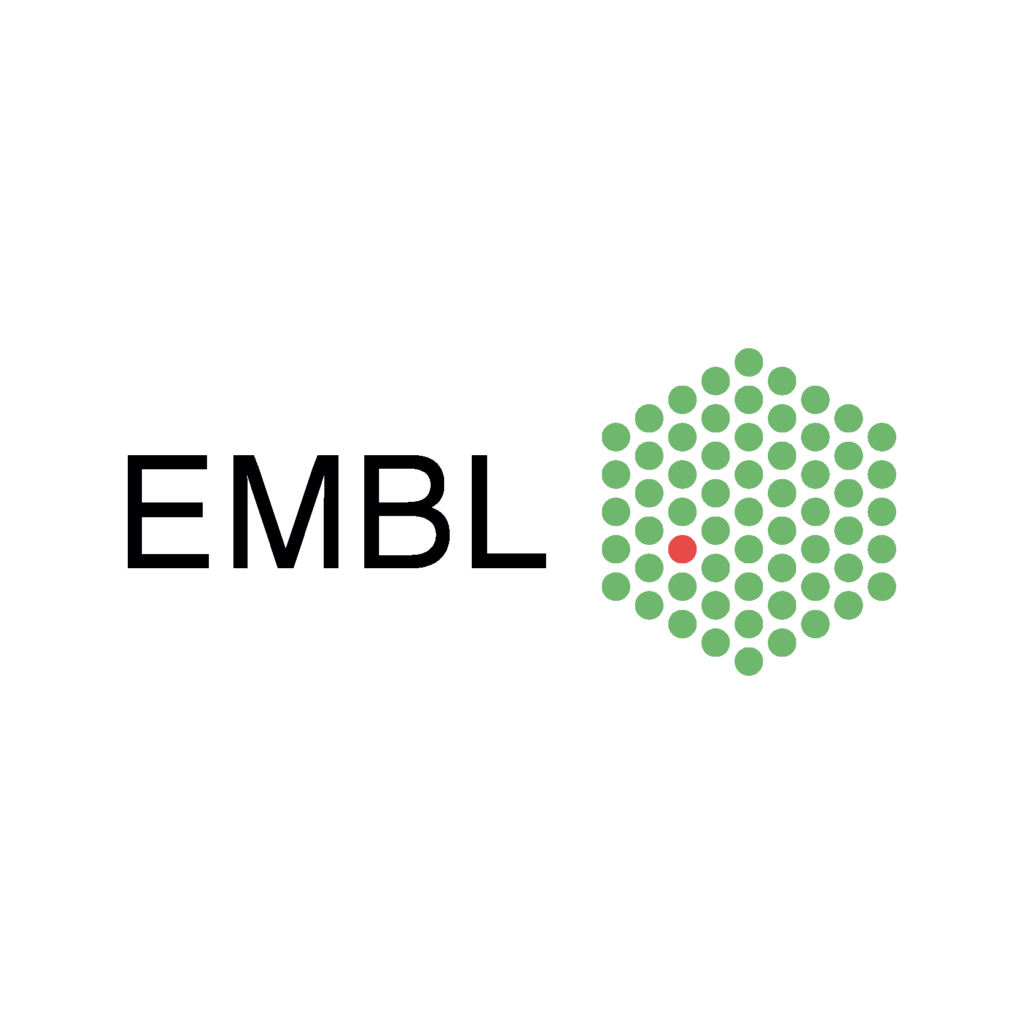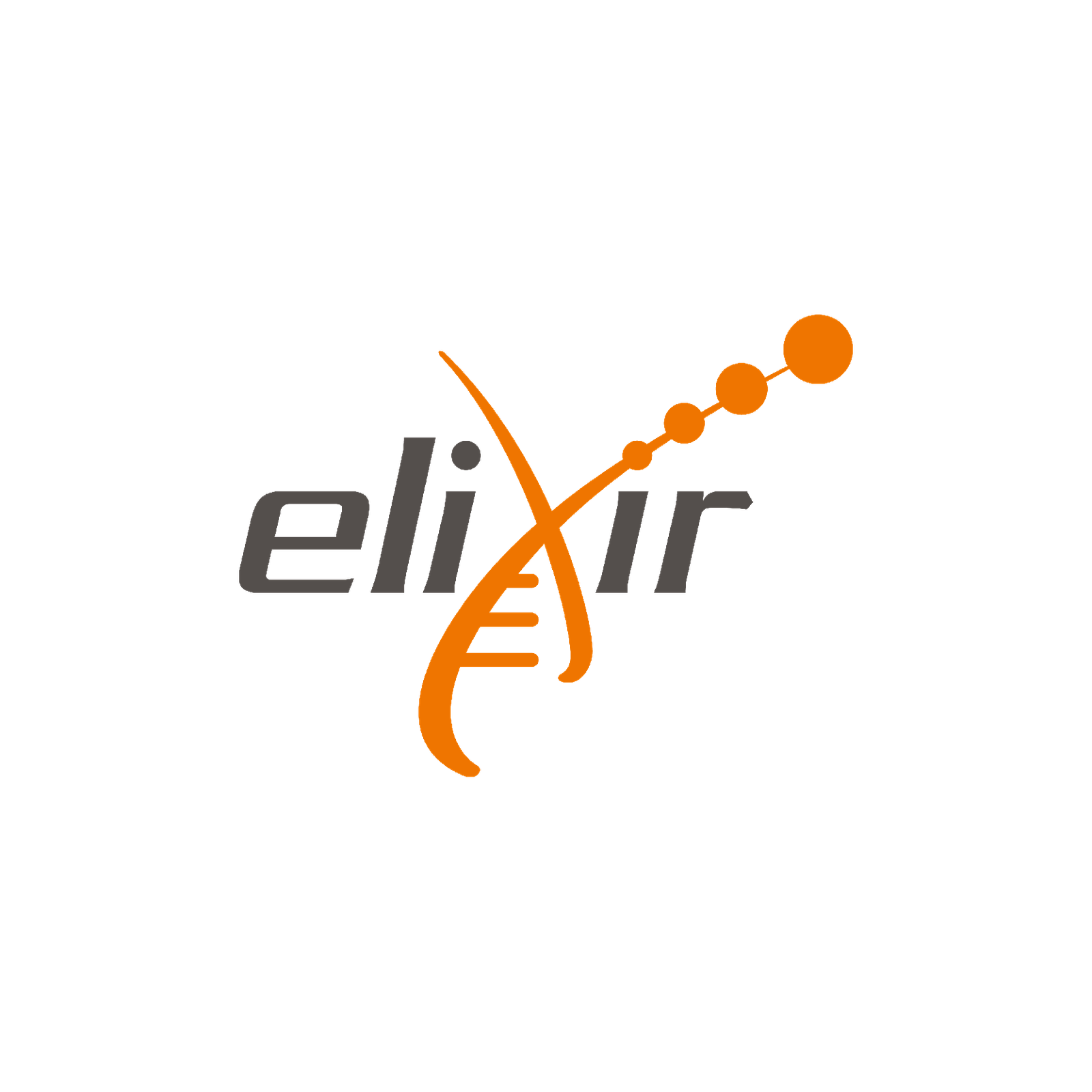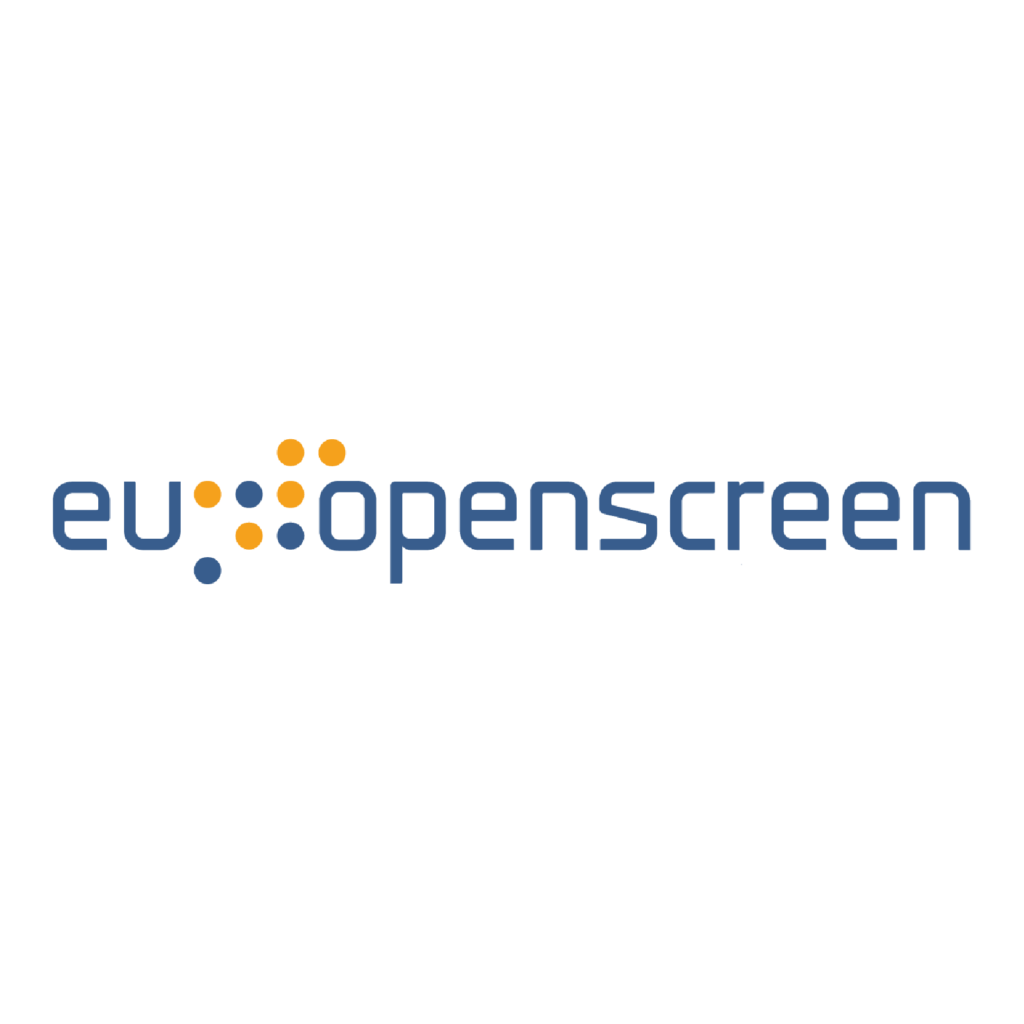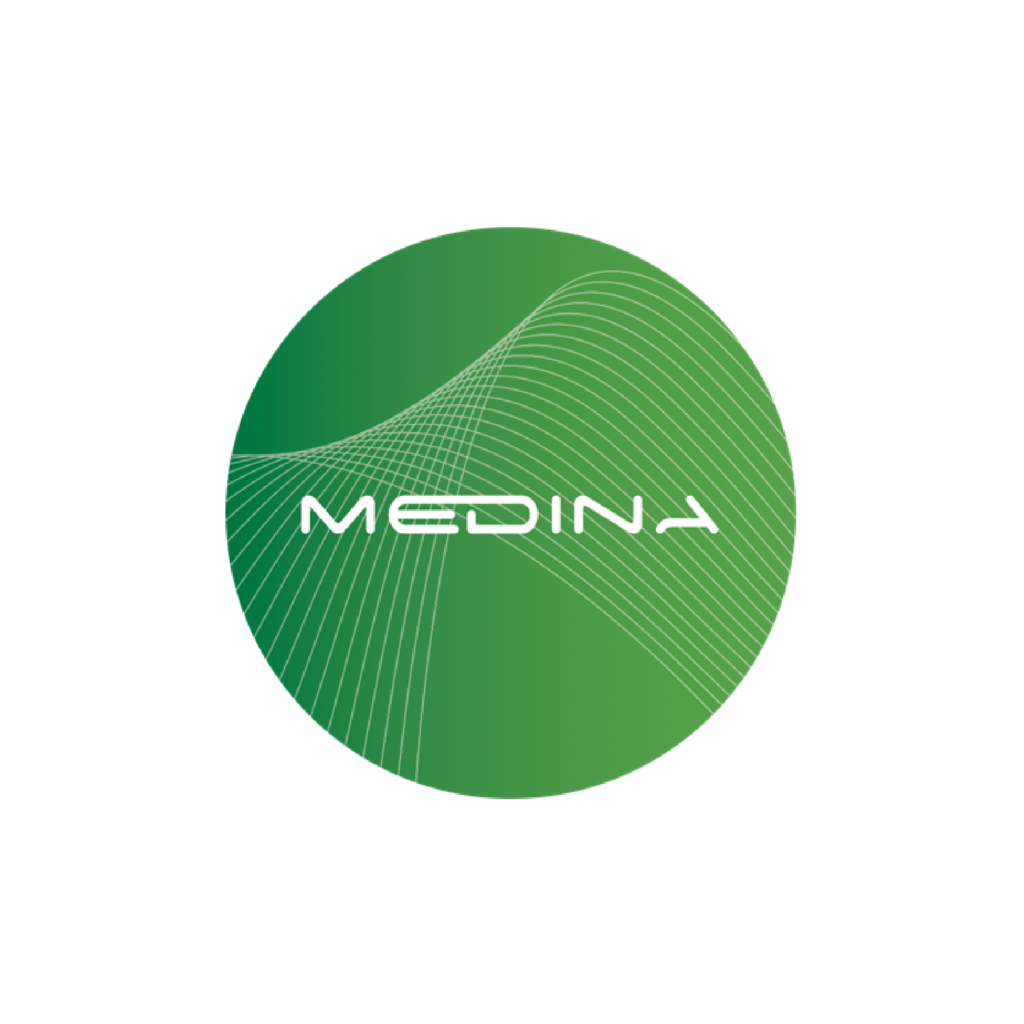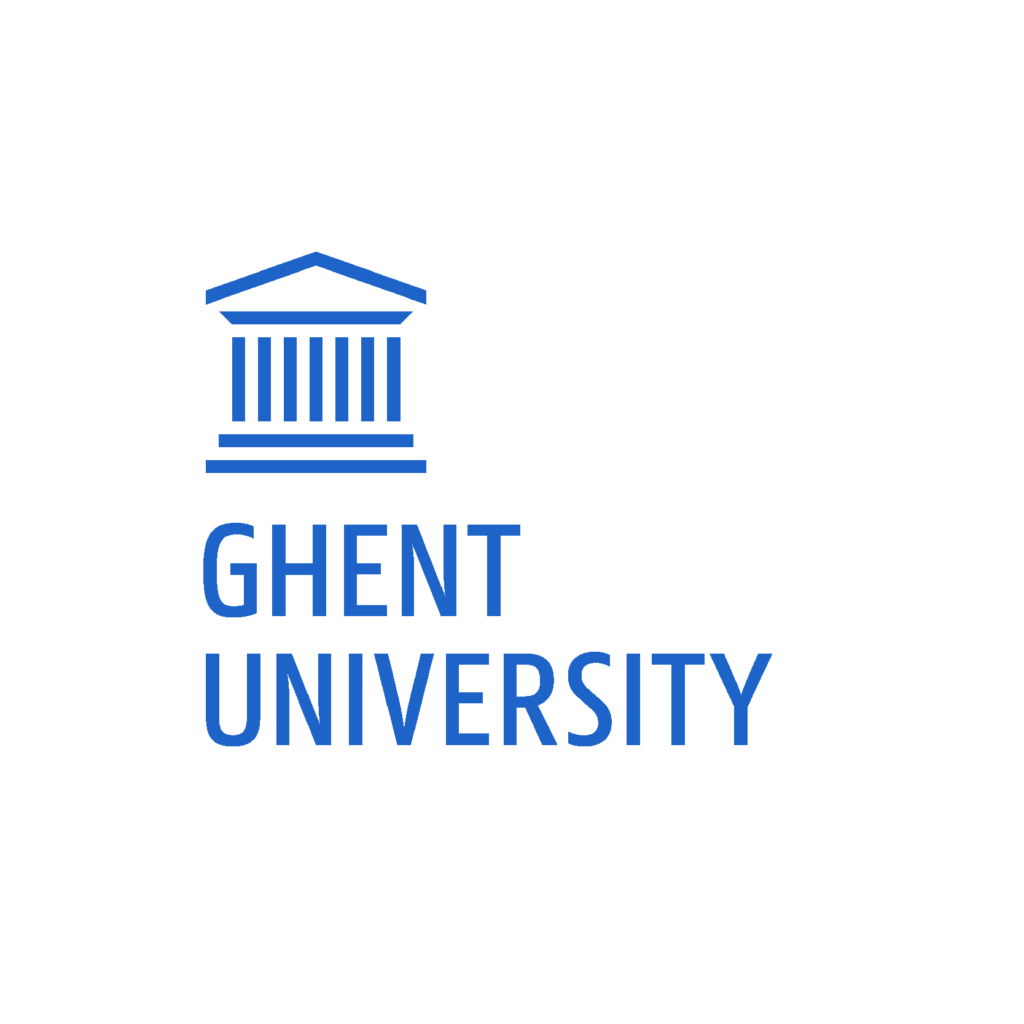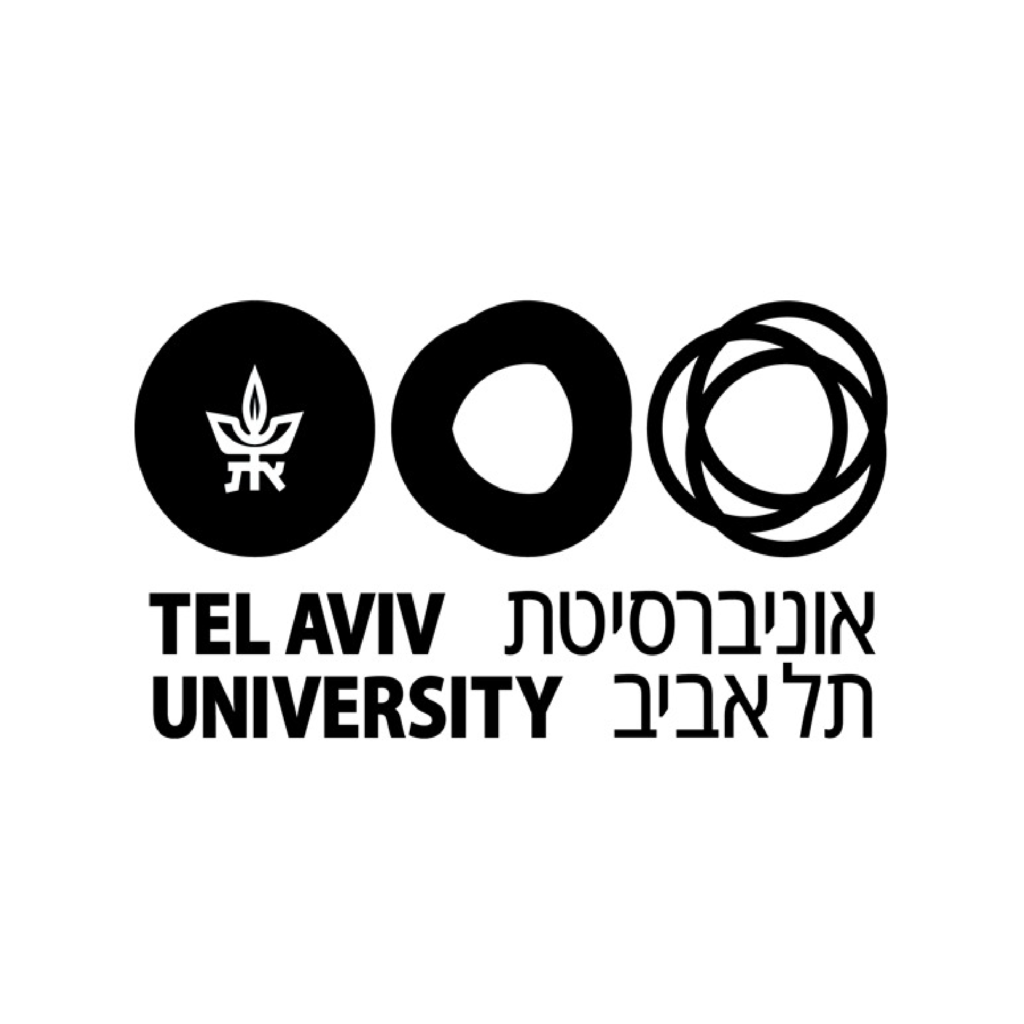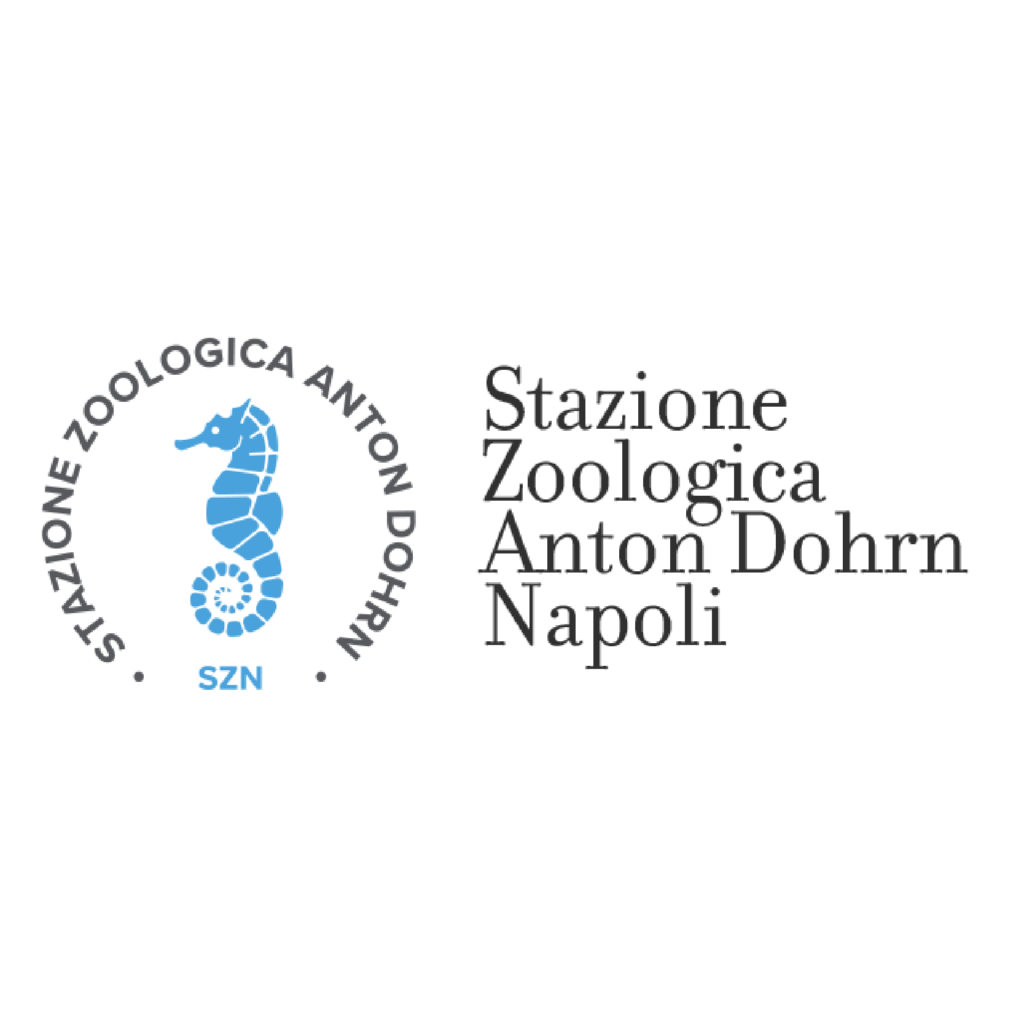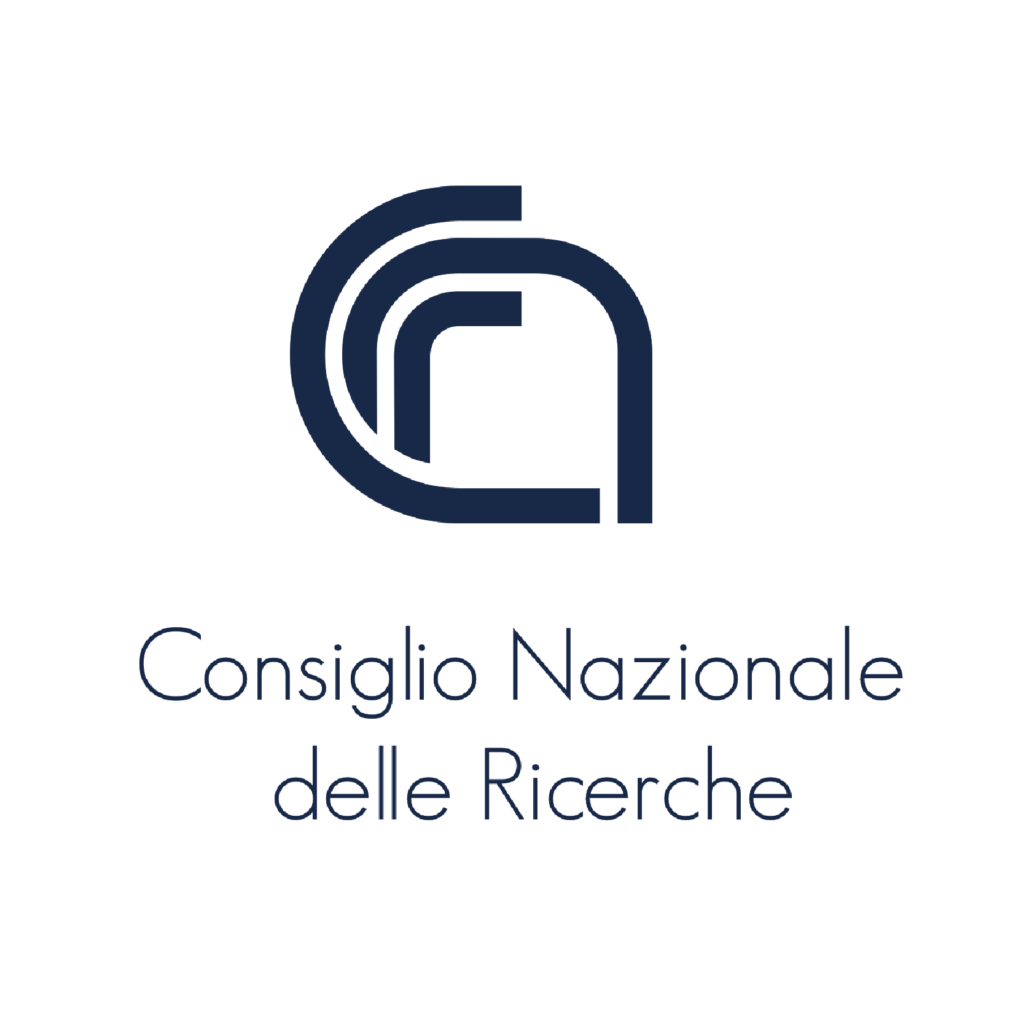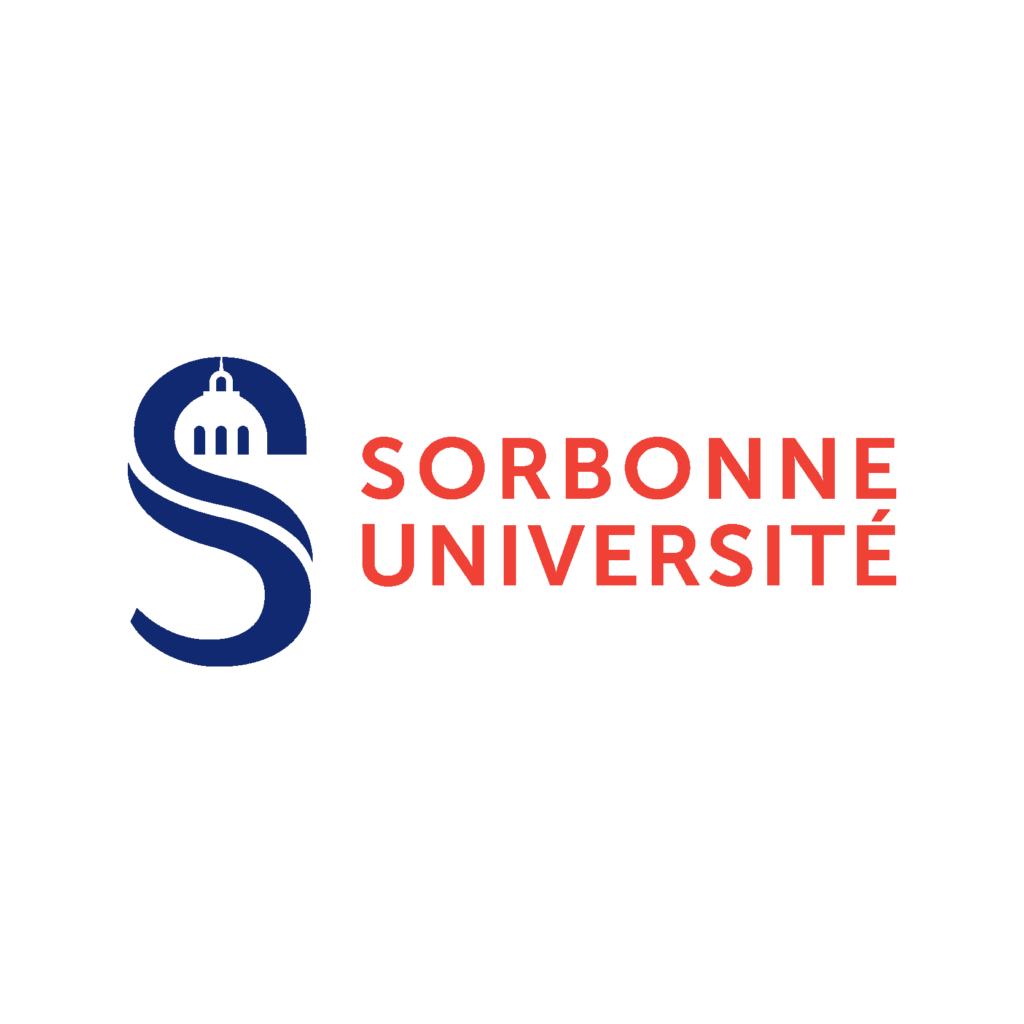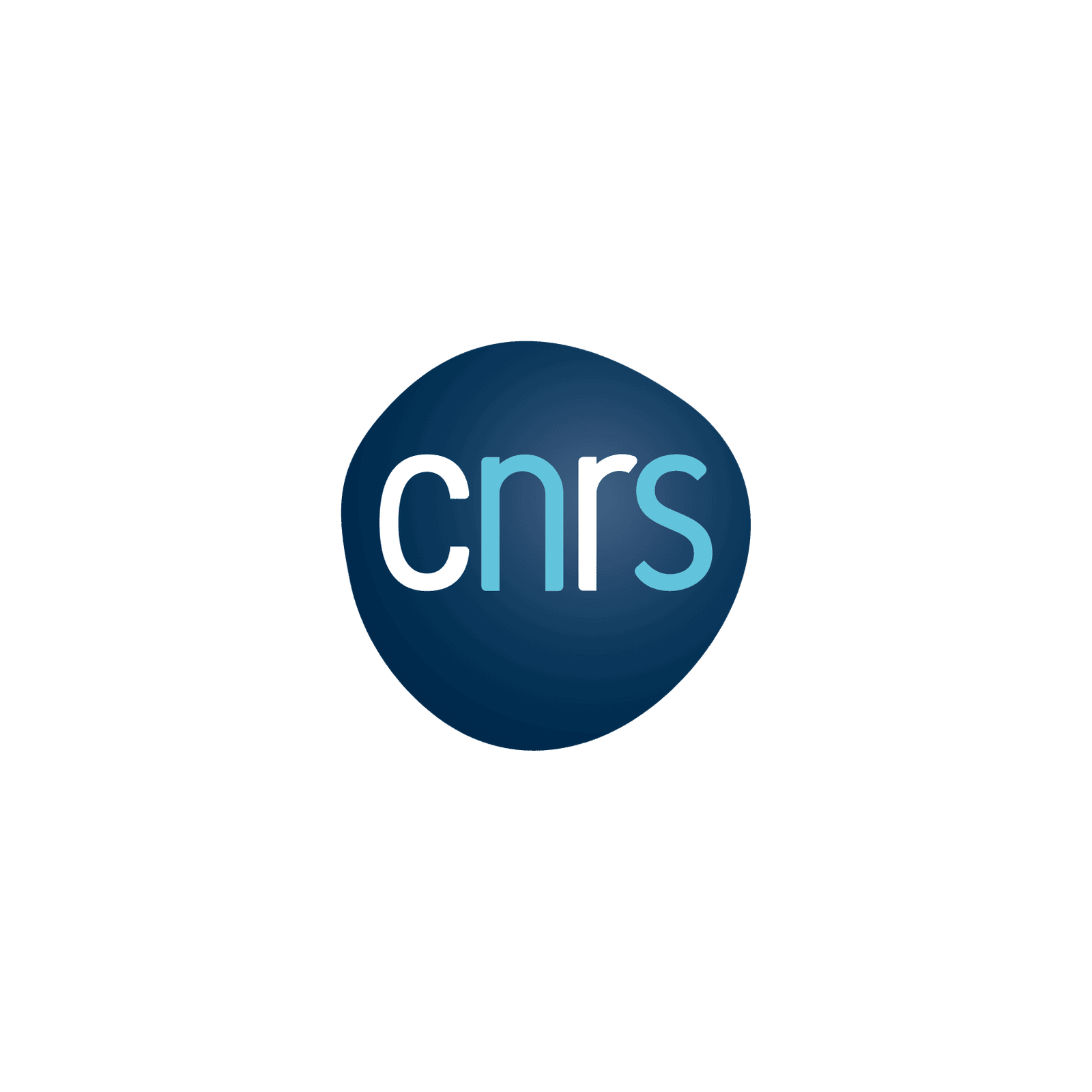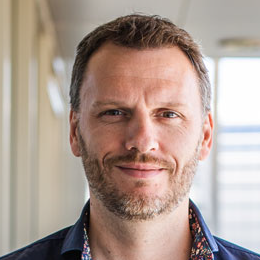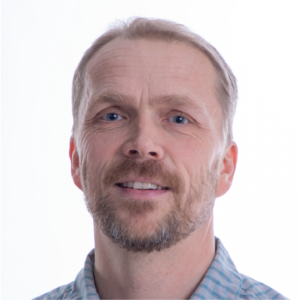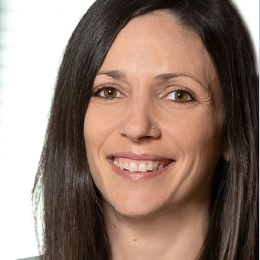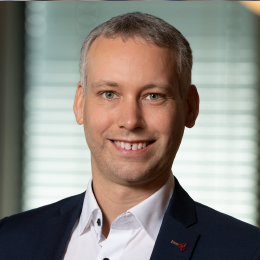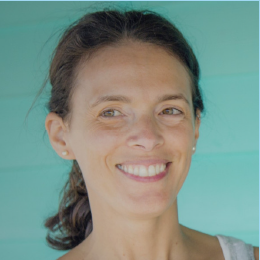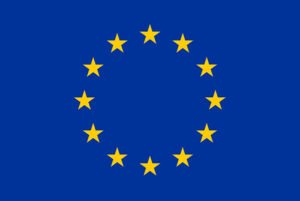WHO WE ARE
EUREMAP: European Marine Bioprospecting Infrastructure
A research partnership to create a pipeline of marine bioprospecting services to enable the discovery of novel bioactive natural products.▼
About the EUREMAP Project
EUREMAP is an European initiative that integrates leading marine research infrastructures to accelerate the discovery of bioactive compounds from marine organisms. By creating a sustainable and collaborative marine bioprospecting pipeline. This pipeline will comprise a wide range of services spanning the biodiscovery process, from isolating specific molecules to testing their applications in clinical trials. EUREMAP supports bothe academia and industry in advancing innovation in the Blue Bioeconomy.
Our mission is to unlock the potencial of marine biodiversity through genomics, green chemistry, marine natural products research, and FAIR data management. Together, we aim to transform marine resources into solutions for health, biotechnology, and sustainable development.
Who will benefit from EUREMAP?
Available to researchers from academia and industry, the EUREMAP service pipeline will boost the rate of marine biodiscovery, strengthening the Blue Economy in Europe and beyond, providing our society with new applications for the health and food production sectors. We provide a shared platform where scientists, innovators, and industrial partners can:
– Access advanced marine genomics tools for screening bioactive compounds
– Apply green chemistry approaches to ensure environmental friendly processes
– Explore the diversity of marine natural products for pharmaceutical and biotechnological applications
– Utilize state-of-the-art facilities for FAIR and Open Science data management
By connecting expertise across Europe, EUREMAP fosters knowledge transfer, innovation, and collaboration between research and industry.

Our Research Approaches:
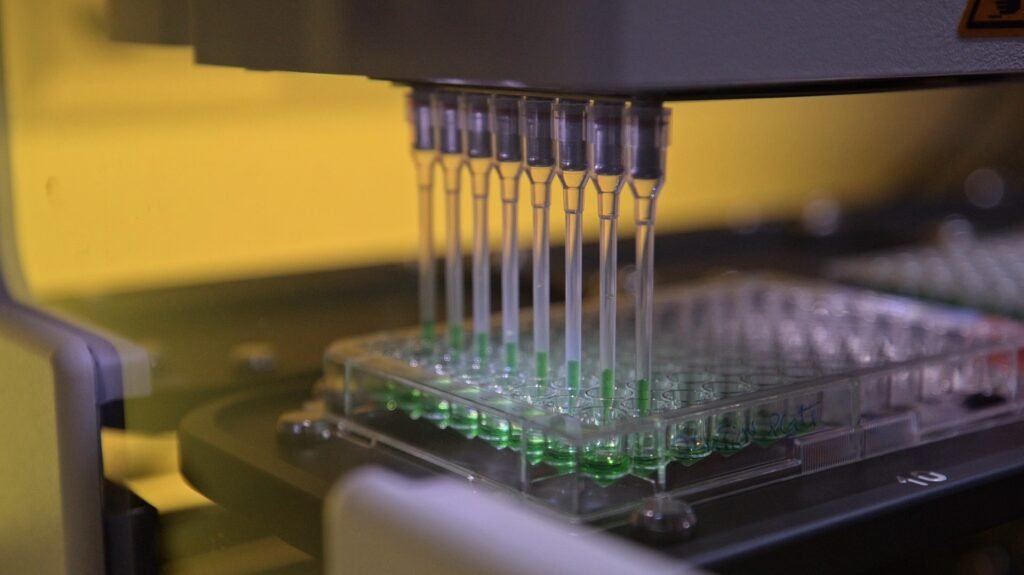
Genomics
We use genome mining and advanced sequencing technologies to identify novel genes, pathways, and organisms that may produce bioactive compounds.
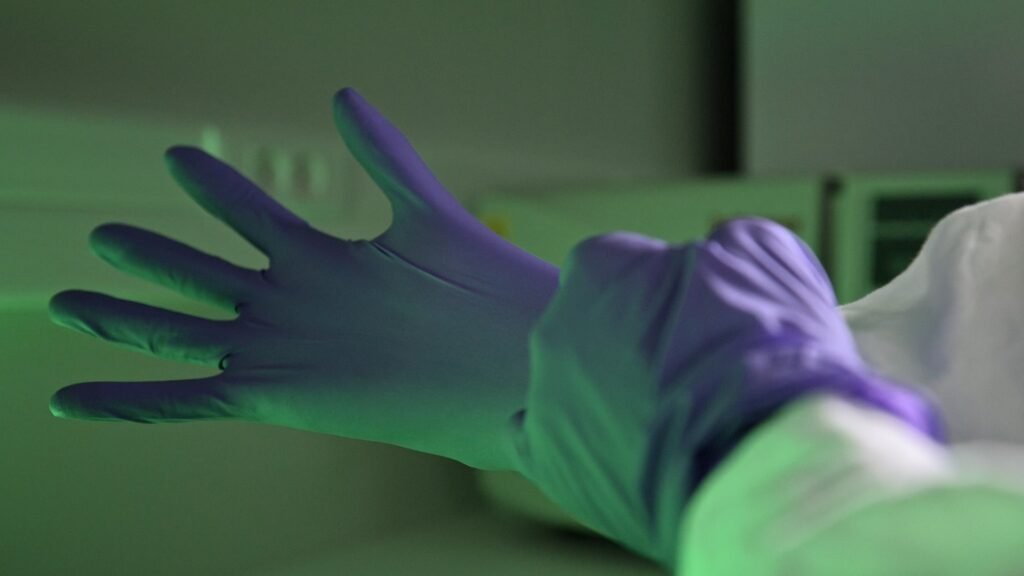
Green Chemistry
Our pipeline incorporates sustainable chemical methods to develop marine resources responsibly and minimize environmental impact.
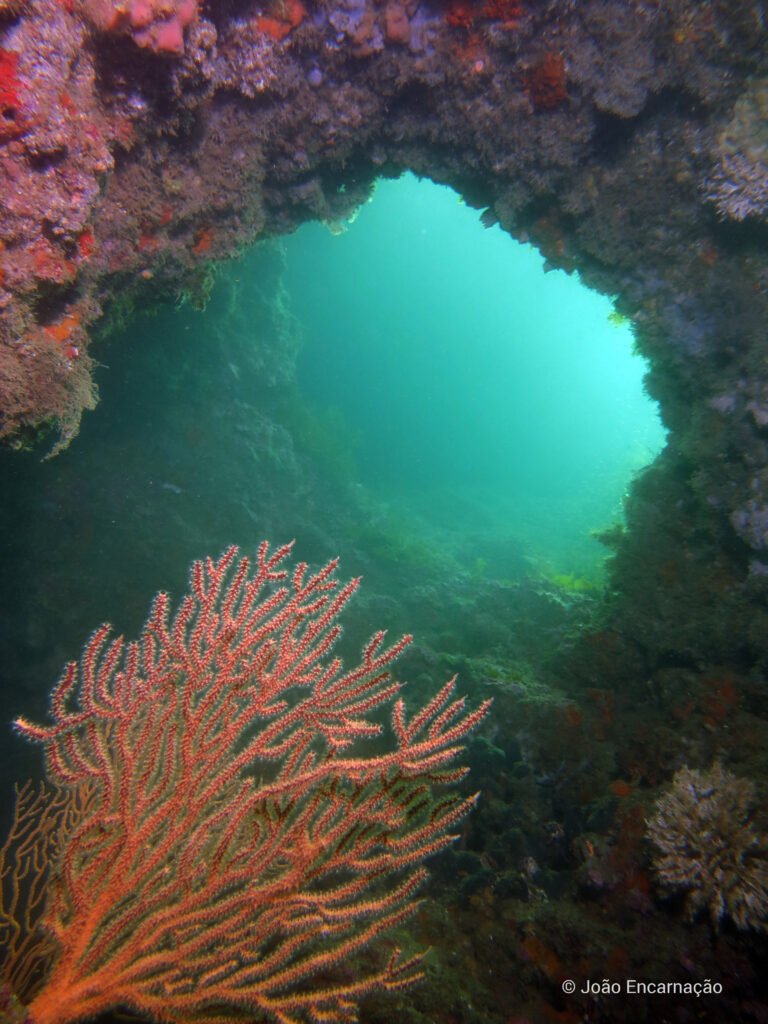
Marine Natural Compounds
We focus on discovering, isolating, and characterizing bioactive molecules from marine organisms, with potential applications in medicine, biotechnology, and industry.
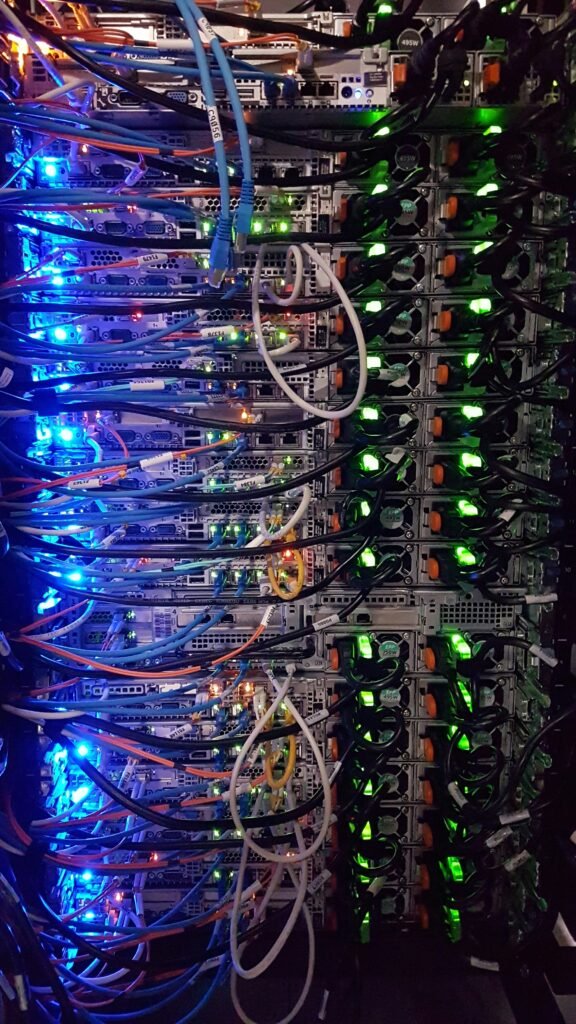
Data Management
EUREMAP follows FAIR (Findable, Accessible, Interoperable, Reusable) data standards, ensuring open access to research results and strengthening Opens Science practices.
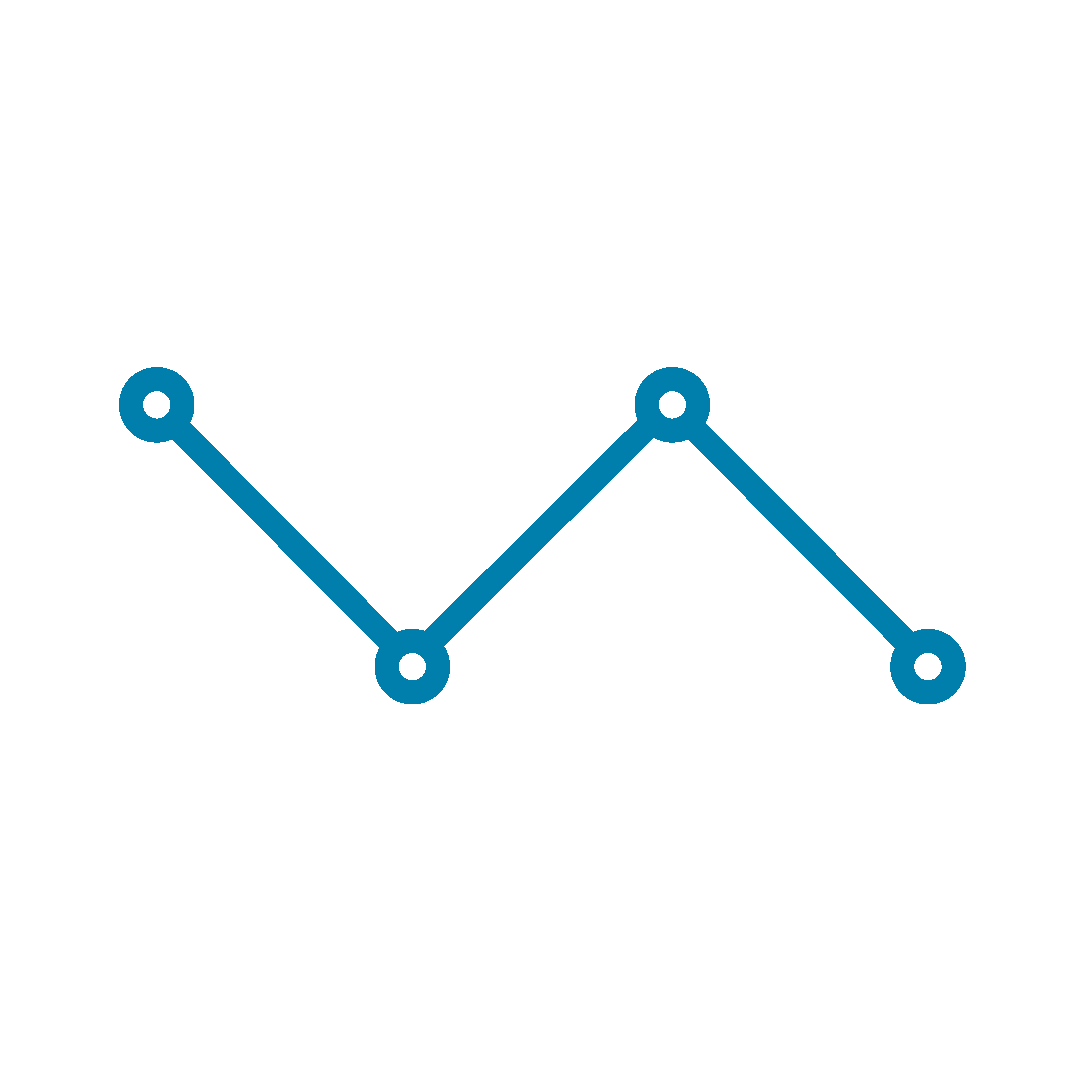
How are we creating the first comprehensive set of services in bioprospecting?
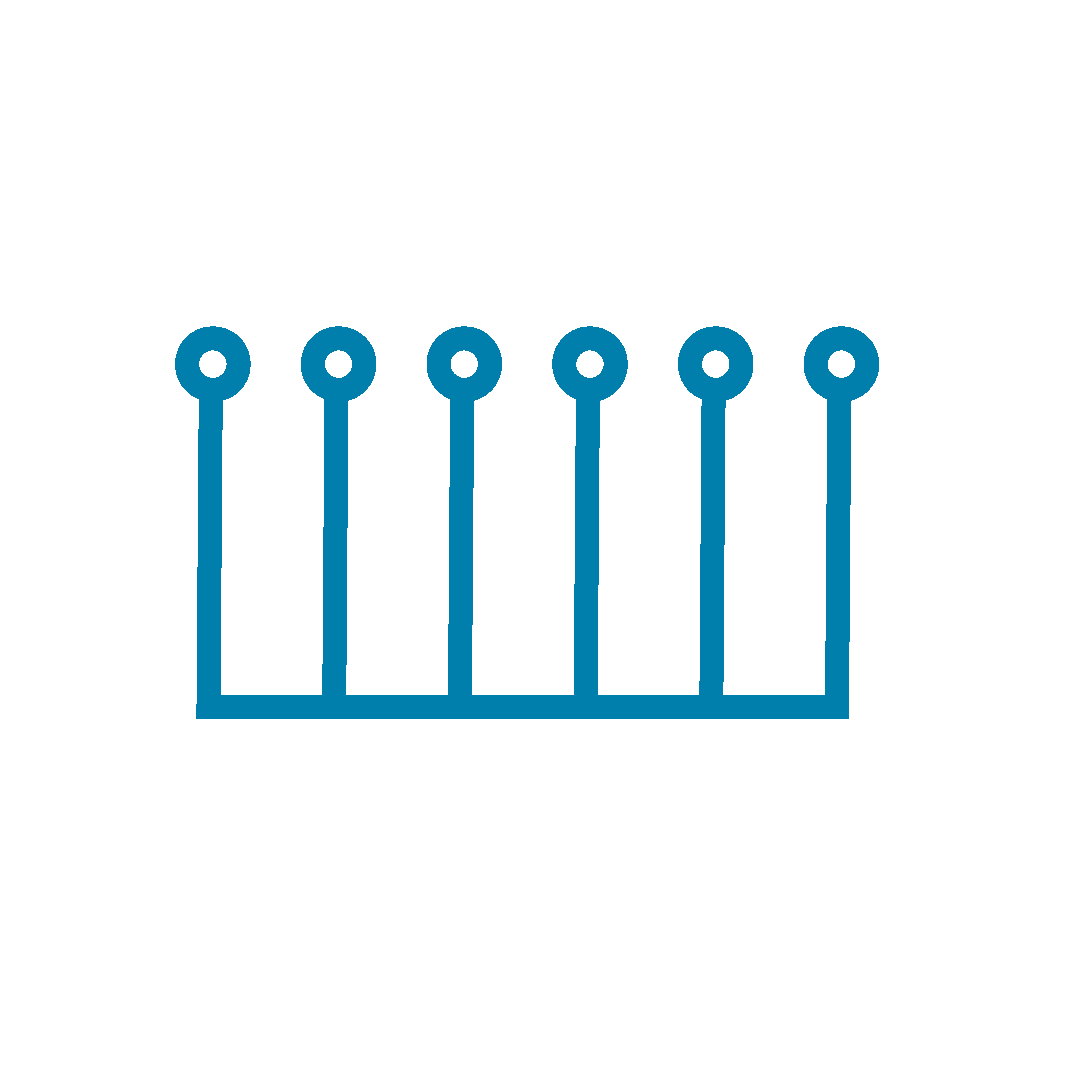
Service standardisation across RIs
To encourage research in marine natural products by EU researchers and industry, we will optimise access to the technology platforms available in the different research infrastructures (RIs) and harmonise the outputs in terms of products and quality control.
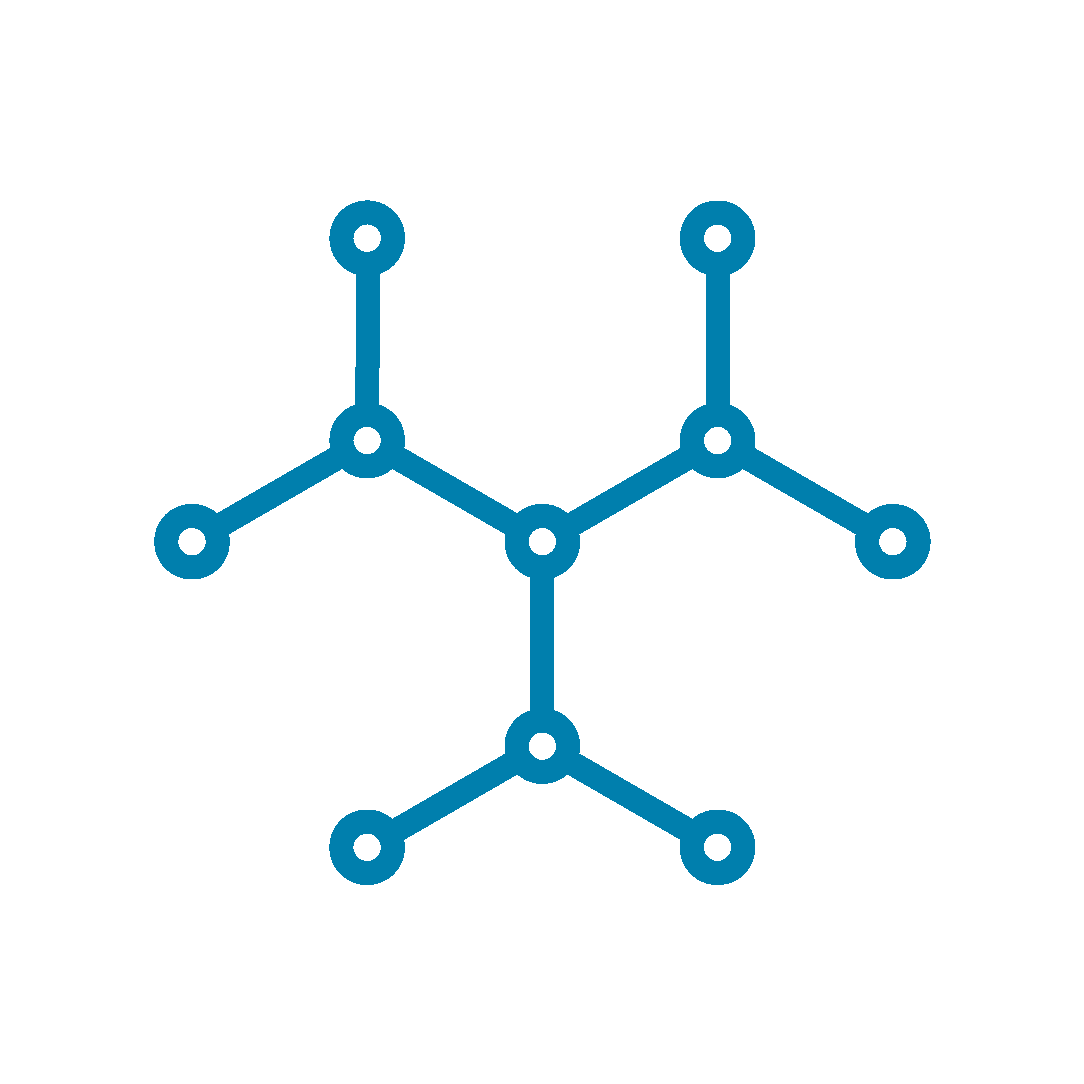
Collaboration and networking
To ensure that complementary capacities, expertise and resources are guaranteed in the future, EUREMAP promotes close collaboration between researchers, industry and government. This will enable us to respond to the emerging needs of the blue economy sector and create a hub of innovation in marine bioprospecting for the private sector.
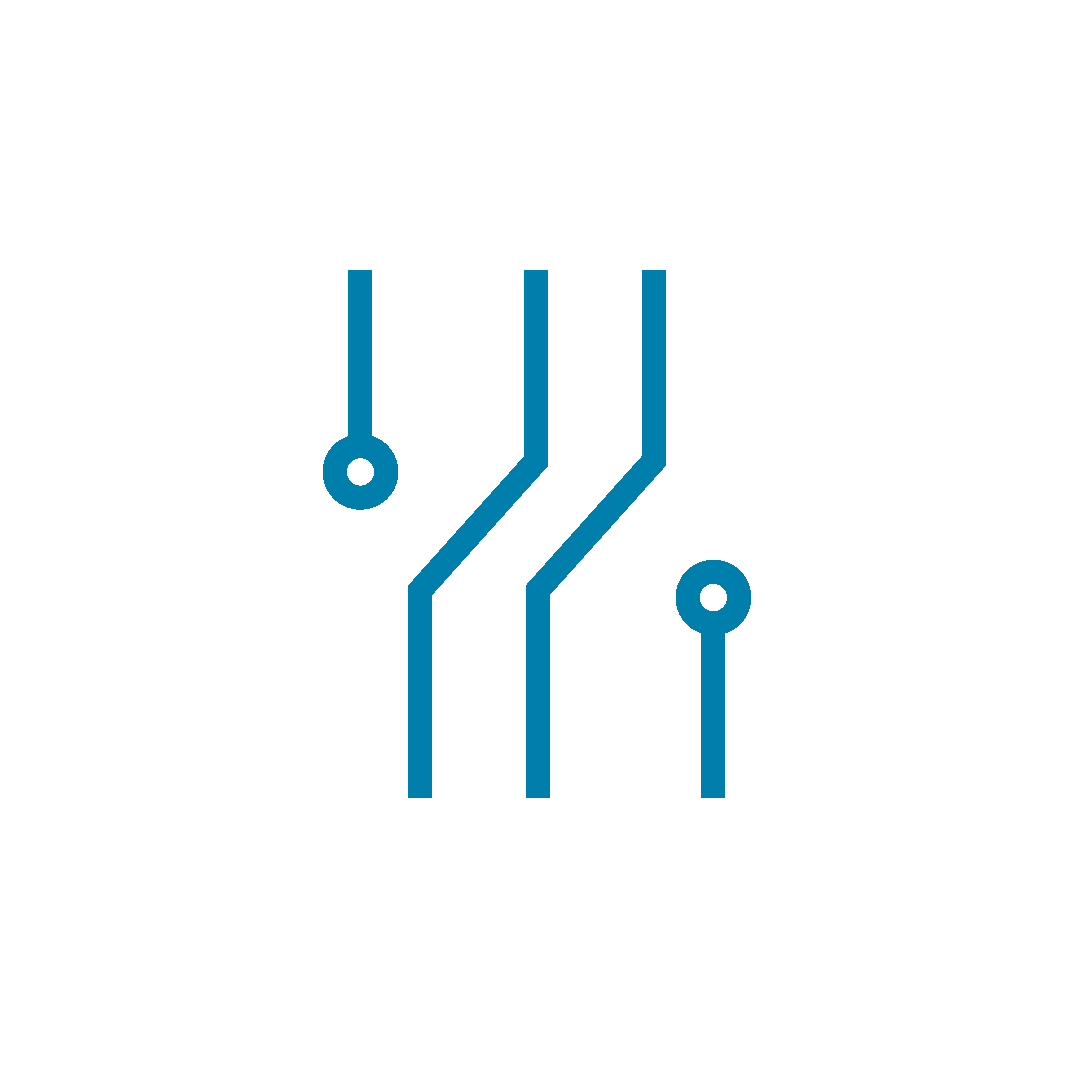
New technologies and techniques
Through our collaboration and commitment to FAIR access, all partners will benefit from the latest technological advances in disciplines essential to any natural product discovery pipeline, such as genomics, metabolomics and bioinformatics.
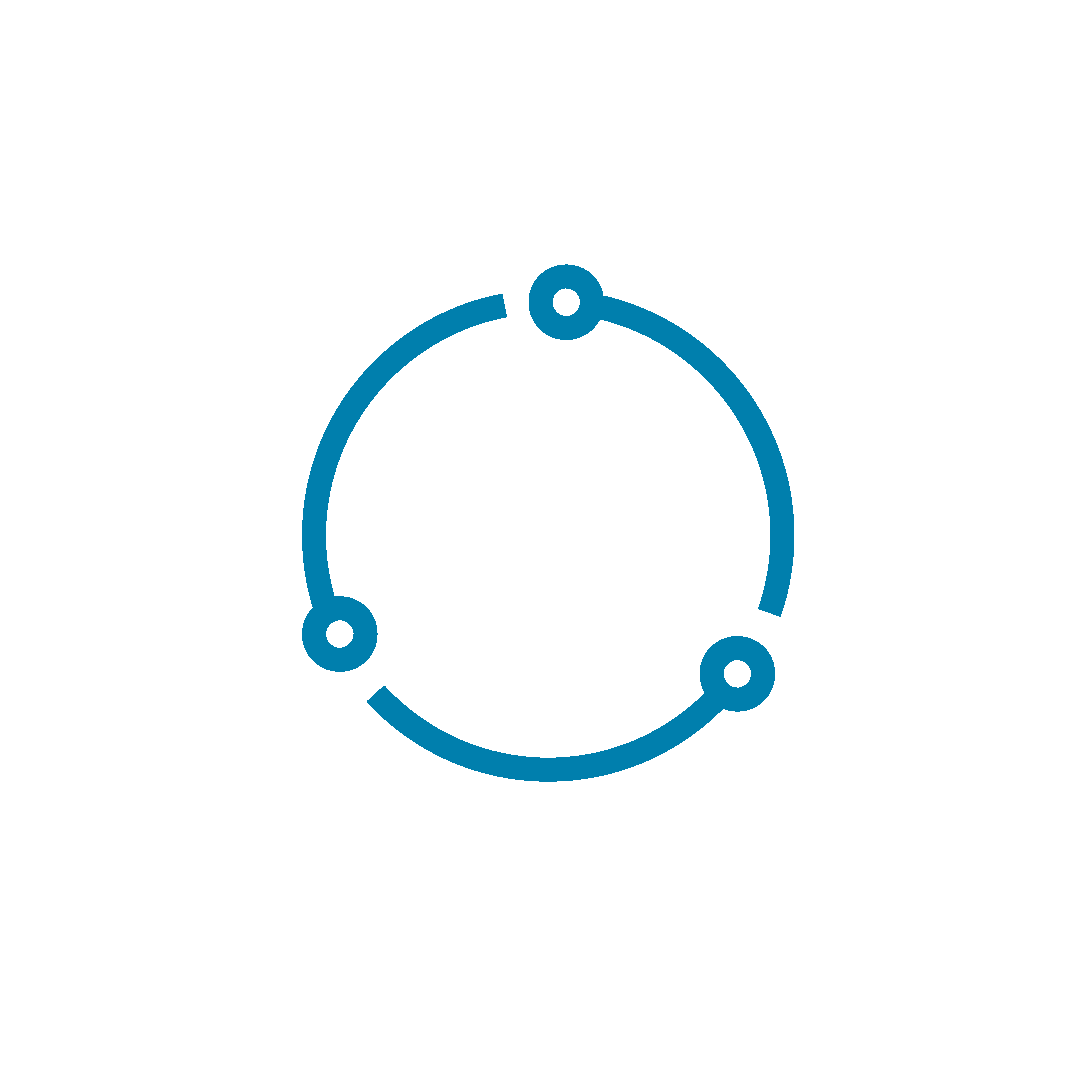
Sustainable bioprospecting strategies
Open access to existing collections of marine bioresources will ensure better re-use of existing data and collections, allowing more targeted search and exploitation of marine resources available in ex-situ collections without requiring new bioprospecting.
Technical information
January 2024 – December 2026
Funded by the European Union | HORIZON-INFRA-2023-DEV-01-04-101131663
![]()
RESEARCH INFRASTRUCTURES
A research partnership to transform marine bioprospecting
EUREMAP is powered by Europe’s top research networks, including: EU-OPENSCREEN, an European infrastructure for chemical biology; EMBRC, European Marine Biological Resource Centre; ELIXIR, an European life sciences data infrastructure; and EMBL, European Molecular Biology Laboratory.
Together, these infrastructures provide the foundation for a robust and collaborative marine bioprospecting ecosystem.
Dedicated to advancing fundamental and applied marine biology and ecology research, the European Marine Biological Resource Centre (EMBRC) is a research infrastructure that enables access to services, facilities and technology platforms in over 60 sites across nine European countries. It has been involved in several joint research infrastructure initiatives such as EUREMAP, with over 1,000 users and 630 scientific articles published, many in top journals.
The European Molecular Biology Laboratory (EMBL) is Europe’s flagship laboratory for life sciences. With over 110 independent research groups and service teams covering the spectrum of molecular biology across six sites, EMBL is the leading biomolecular data repository and provides a range of tools, services and training in bioinformatics to the scientific community worldwide.
Bringing together scientists from 24 countries and over 250 research institutes, ELIXIR is a European life sciences infrastructure that enables researchers to access and analyse life science data to improve the value and impact of life science research on public health, the environment and the economy.
Recognised as the most extensive European high-performance screening network, EU-OPENSCREEN is a research infrastructure that dives into chemical biology and early drug discovery. It provides researchers with access to cutting-edge technologies to develop their own early drug discovery projects, supporting all stages of a chemical tool/lead development project, including assay adaptation, high-throughput screening and chemical optimisation of ‘hit’ compounds.
PARTNERS
Bringing together experts from complementary fields
EUREMAP is powered by a robust network of over 10 multidisciplinary institutions from eight different countries, each contributing unique strengths and expertise towards a shared goal: to create a complementary and comprehensive pipeline of research services in marine bioprospecting.
The Arctic University of Norway (UiT) focusses on the importance of the Arctic, climate change and resource exploitation. It offers a range of studies with a focus on polar research, indigenous issues and marine sciences. It is involved in global Arctic discussions and partnerships.
The Fundación MEDINA research organisation is dedicated to the discovery of novel active microbial natural products to be developed as new drugs and high-value biotechnology products. Its multidisciplinary team has expertise in microbiology and biotechnology, bioimaging technologies and more.
With renowned expertise in marine and maritime science, Ghent University (UGent) leads innovative studies within several areas, such as Blue Biotechnology, Building with Nature, Sustainable Seafood, Maritime shipping & logistics and more.
Having recently established its Mediterranean marine lab, Tel Aviv University is the largest Israeli university which will supply libraries of (frozen) marine bacteria and sponges, provide re-culturing marine bacterial isolates of interest and run antimicrobial assays.
Diving into the field of marine bioresources and biotechnologies, the Stazione Zoologica Anton Dohrn (SZN), a public research institution, is addressing the exploitation of molecules of marine origin for industrial processes, pharmaceutics, nutraceuticals and other fields of interest.
Focussed on the discovery, optimisation and translation of novel anti-infectives, The Helmholtz Centre for Infection Research, as a founding member of EU-OPENSCREEN, contributes its capabilities such as extraction of an untargeted metabolomics, structure elucidation, bioprofiling and more.
Combining the fields of technology and natural and social sciences, SINTEF is one of Europe’s largest research organisations and has been conducting research and developing projects since 1950. Now it combines an expert multidisciplinary team with employees from over 70 countries.
Recognised as one of the leading ocean science research centres in Portugal and a founding member of EMBRC, Centro de Ciências do Mar do Algarve (CCMAR) is bringing together experts in marine biology, ecology, oceanography, environmental sciences, biotechnology, fisheries and aquaculture.
As the largest public research organisation in Italy, the National Research Council (CNR) and the Institute of Biomolecular Chemistry (ICB) are particularly active in bioorganic chemistry and chemical biology, with expertise and infrastructure in chromatography, organic synthesis and more.
With over 100 research units and research platforms, Sorbonne Université (SU), one of the leading universities in France, is dedicated to bioinformatics research by focussing on the metabolic pathways of microorganisms, the characterisation of biomolecules of interest and more.
The Centre National de la Recherche Scientifique (CNRS) covers all scientific domains. One of its main objectives is to improve society’s knowledge while ensuring technological development in identifying, characterising and producing target metabolites.
Combined research capacity of the EUREMAP consortium
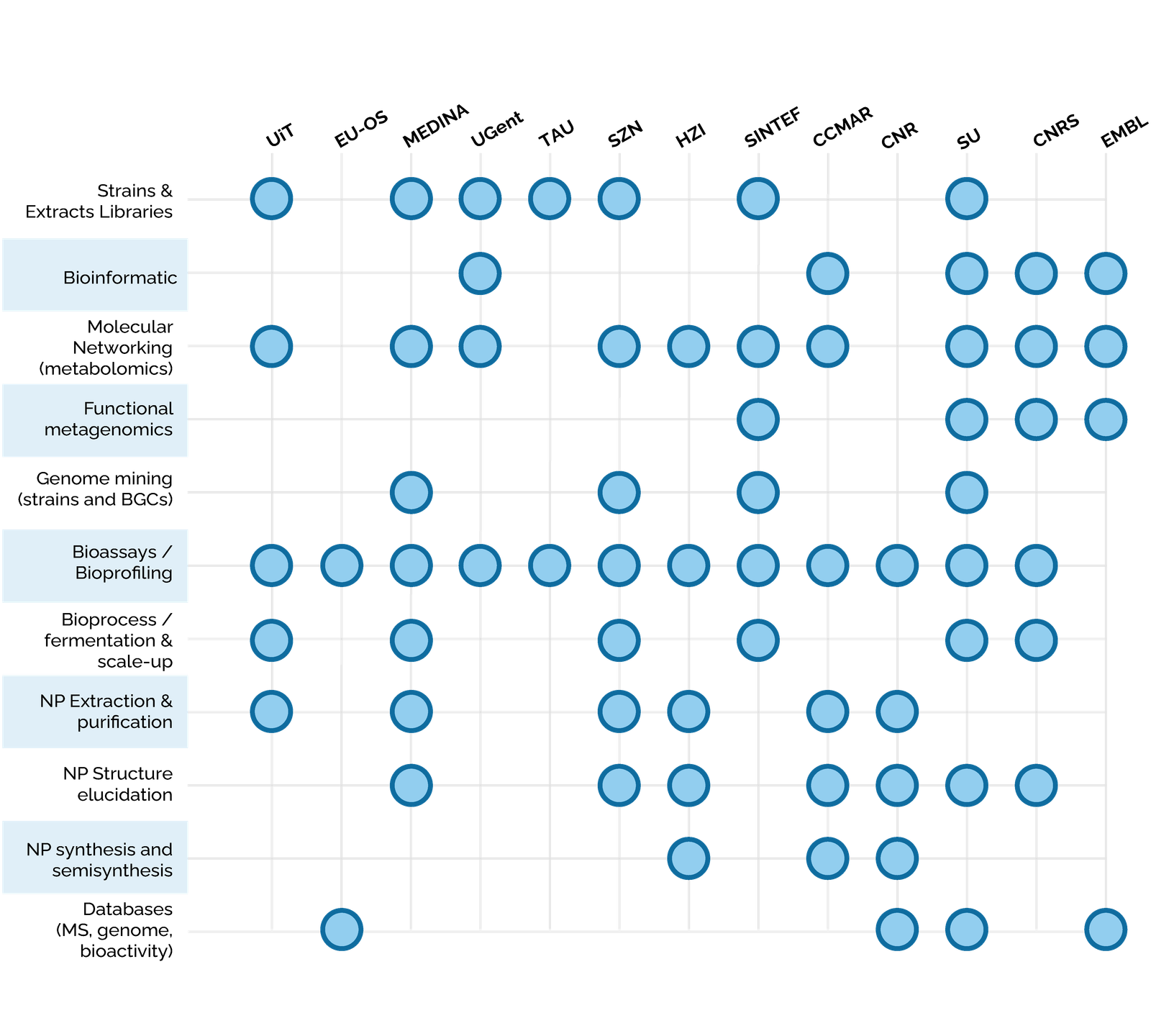
PROJECT STRUCTURE
Our pillars and work packages
EUREMAP’s workflow consists of nine interlinking thematic pillars organised to link the technical pipeline from genomics, green chemistry, marine natural compounds and data management, while addressing important needs such as engaging with industry, building capacity, ensuring sustainability, establishing partnerships and raising awareness of EUREMAP among different stakeholders.
Pillar 1
Project Management
Pillar 1 coordinates, manages and controls the consortium activities so that they run smoothly and that all partners communicate with each other to achieve all their ambitious goals.
Pillar 2
Genomics
Pillar 2 establishes workflows for tools and services to identify and classify secondary metabolite gene clusters and their products in marine microorganisms through in silico bioprospecting. This involves repurposing and customising bioinformatics tools and pipelines to enable us to identify and characterise gene clusters and metabolic pathways related to compound production.
Pillar 3
Green Chemistry
Pillar 3 is developing services to provide chemical extracts on a small and large scale, with an emphasis on using greener technology to extract and purify compounds by replacing organic solvents with more sustainable alternatives.
Pillar 4
Marine Natural Compounds
Pillar 4 is developing and providing services to allow for higher throughput and more comprehensive support in customised chemistry of marine natural products by integrating different services and expertise of the participating RIs.
Pillar 5
Data Management and Tools
Pillar 5 evaluates existing practices surrounding Data Management and ensures the implementation of Open Science practices and FAIR (Findable, Accessible, Interoperable, and Reusable) principles with respect to all technical and nontechnical project outputs.
Pillar 6
Industry Engagement and Pipeline Valorisation
Pillar 6 facilitates industry engagement with the project and research infrastructures to promote the use of the EUREMAP biodiscovery pipeline services by industrial end-users.
Pillar 7
Training & Capacity Building
Pillar 7 is providing training and capacity building for researchers at all career stages, from academia and industry, within and outside of the consortium in all aspects of marine bioprospecting.
Pillar 8
Long-term sustainability and international partnerships
Pillar 8 will ensure that the integrated bioprospecting pipeline is sustainably integrated into the 3 parent RIs (EU-OS, EMBRC, ELIXIR, EMBL) on a long-term basis, so that the pipeline and services remain readily accessible beyond EUREMAP.
Pillar 9
Outreach and Dissemination
Pillar 9 will enhance the visibility of the EUREMAP project and the marine bioprospecting pipeline of services it will develop among user groups and stakeholders, including the scientific community, industry, decision-makers, and society.
OUR TEAM
Rita Costa Abecasis
CCMAR
EMBRC
Pillar 9 Leader
CCMAR
EMBRC
Executive Board – Pillar 3,4,6,7,8
Donatella de Pascale
SZN
EMBRC
Work Packages 5, 6, 8, 9, 15, 16
Uit
EU-OPENSCREEN
Project Coordinator
Pillar 1, 3 Leader
Robert D. Finn
EMBL
Work Package 3 Leader
TAU
EMBRC
Work Packages 5, 15
Tanja Miletic
EU-OPENSCREEN
Work Packages 1,2
EU-OPENSCREEN
Pillar 8 Leader, Work Package 2
EU-OPENSCREEN
Work Packages 11, 12
Raimo Franke
HZI
EU-OPENSCREEN
Work Packages 5, 6, 7, 8, 10
Anna Christina Vetter
HZI
EU-OPENSCREEN
Pillar 7 Leader
Work Packages 5, 6, 7, 8, 10
HZI
EU-OPENSCREEN
Work Packages 5, 6, 7, 8, 10
MEDINA
EU-OPENSCREEN
Pillars 4, 6 Leader
MEDINA
EU-OPENSCREEN
Work Packages 5, 6, 7, 8, 10, 15, 16, 18
UGhent
EMBRC
Work Packages 5, 6, 7, 13, 14
UGhent
EMBRC
Work Packages 5, 6, 7, 13, 14
CCMAR
Elixir, EMBRC
Work Packages 3, 11, 12
Sorbonne Université
EMBRC
Work Package 4 Leader
CNRS
EMBRC
Project member
CNRS
EMBRC
Work Packages 6, 8, 9
CNRS
EMBRC
Work Packages 6, 8, 9
CNRS
EMBRC
Work Packages 5, 6, 7, 13, 14
Gonçalo Brito
CCMAR
Work Packages 19,20
Stephane Bach
CNRS
EMBRC
Work Packages 5, 6, 8, 9
Louise Villac
Sorbonne Université
EMBRC
WP4
Espen Hansen
Uit
EU-OPENSCREEN
Work Package 21 Leader,
Work Packages 15,16
Blandine Baratte
CNRS
EMBRC
Work Packages 5, 6, 8, 9
Thomas Robert
CNRS
EMBRC
Work Packages 5, 6, 8, 9
Angelo Fontana
CNR-ICB
Pillar 3 and 4
Work Package (WP) 6,7, 8, 15, 16 contributors;
WP9 co-leading; WP10 leading
Giuliana d’Ippolito
CNR-ICB
Pillar 3 and 4
Work Package (WP) 6,7, 8, 15, 16 contributors;
WP9 co-leading; WP10 leading
Genoveffa Nuzzo
CNR-ICB
Pillar 3 and 4
Work Package 6,7, 8, 9, 10, 15, 16 team member
Emiliano Manzo
CNR-ICB
Pillar 3 and 4
Work Package 6,7, 8, 9, 10, 15, 16 team member
Carmela Gallo
CNR-ICB
Pillar 3 and 4
Work Package 6,7, 8, 9, 10, 15, 16 team member
Daniela Castiglia
CNR-ICB
Pillar 3 and 4
Work Package 6,7, 8, 9, 10, 15, 16 team member
SCIENTIFIC AND ETHICAL BOARD
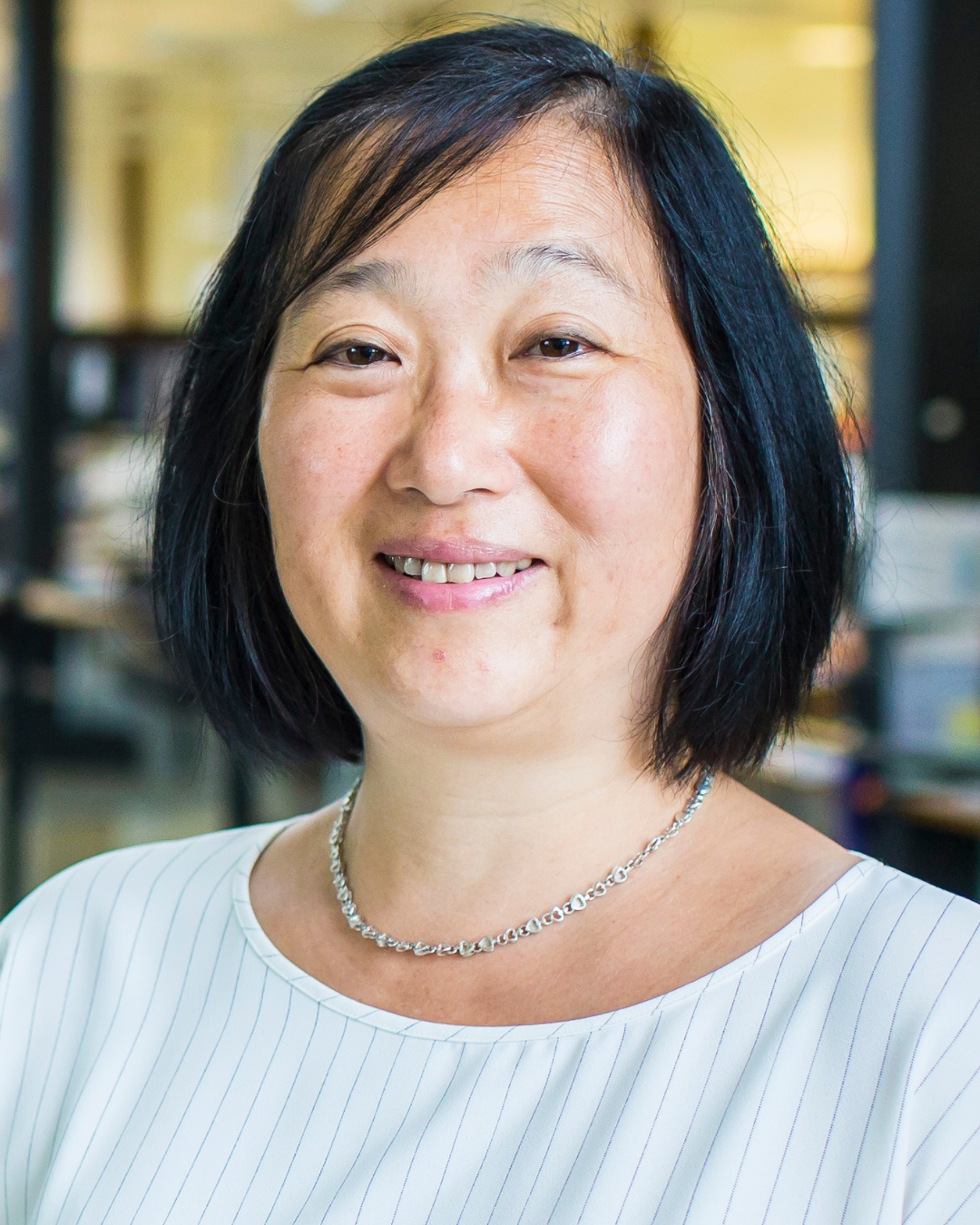
Eriko Takano
Eriko Takano is Professor of Synthetic Biology at the University of Manchester, where she directs the EPSRC/BBSRC-funded SYNBIOCHEM Centre. She is also a Visiting Professor at Osaka University, Japan. Internationally recognized for her pioneering work in antibiotic biosynthesis, her research spans microbial synthetic biology in both academic and industrial contexts. Eriko has served as expert advisor for several national and international institutions, including the OECD, DSIT, BBSRC Council, and European Commission, where she contributed to high-impact reports on synthetic biology. In 2025, she will join A*STAR in Singapore as Program Director of the SIBER Strategic Research Program, maintaining partial affiliation with the University of Manchester.
Marcel Jaspars
Marcel Jaspars is Professor of Organic Chemistry at the University of Aberdeen where he leads the Marine Biodiscovery Centre which focuses on marine resources for novel pharmaceuticals, and to investigate fundamental questions in marine chemical ecology and biosynthesis.
Marcel has been active at national and international levels to develop the science, its applications/industrial uptake and associated policy involved in marine biodiscovery and biotechnology. He provides scientific advice to the UK, EU and UN for global policy processes on ocean conservation and digital sequence information via reports, papers and taking part in discussion meetings. He is a co-lead of the Deep Ocean Stewardship Initiative’s Working Group on Marine Genetic Resources.
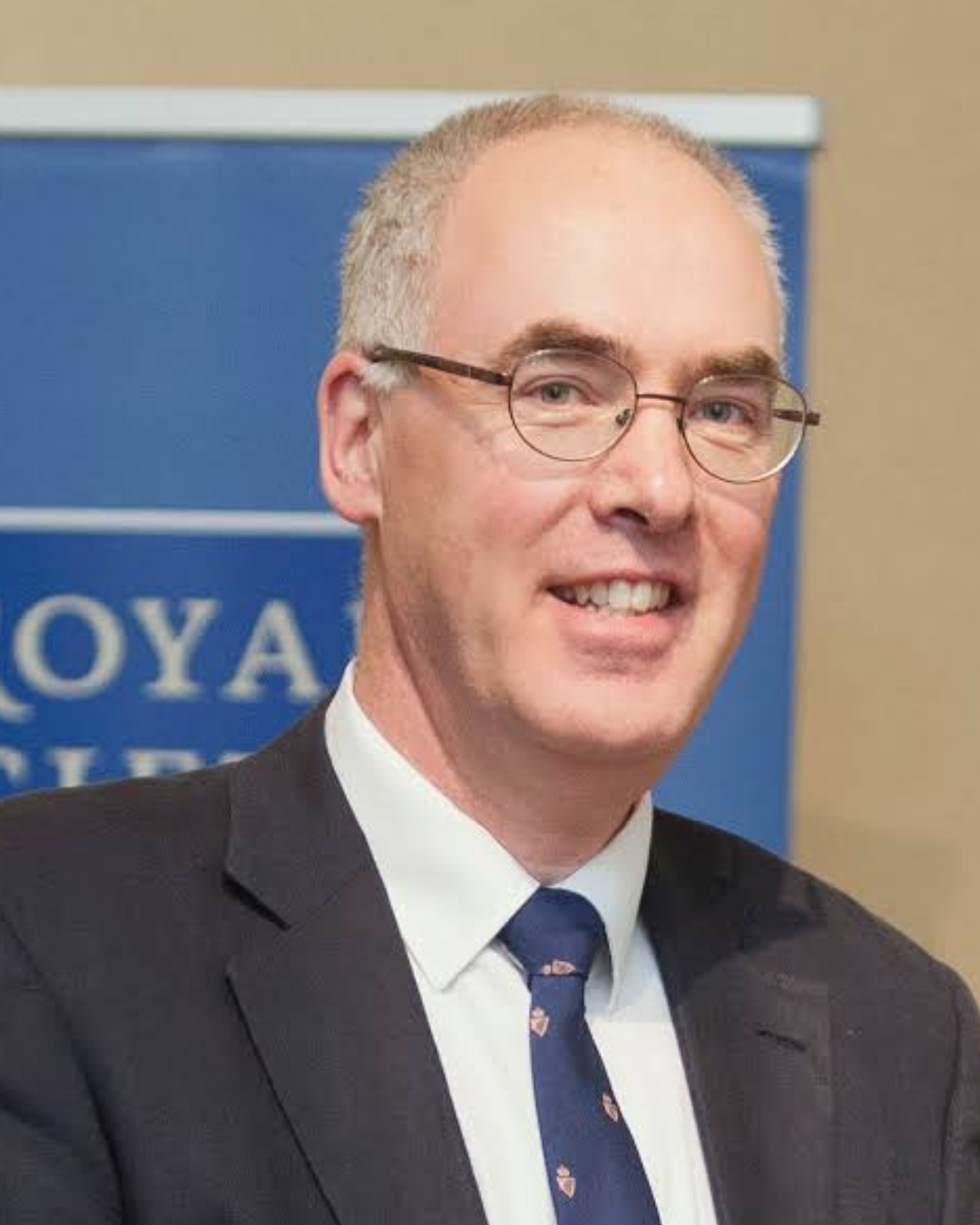

Rohan Davis
Rohan’s research involves all aspects of biodiscovery including the isolation and structure elucidation of complex natural compounds, generation of natural product-based extract and fraction libraries for HTS, as well as the design and synthesis of unique discovery libraries. Rohan has authored 183 publications, holds 2 patents and has been awarded >$5M in research funding over the past 10 years. In 2023 and 2024 he was recognised by ClarivateTM as a “highly cited” researcher. Rohan has led both industry and academic projects that have resulted in the identification of >1000 natural products from plant, marine invertebrate, mushroom and microbial sources. A/Prof. Davis is the Manager of NatureBank, a unique Australian biodiscovery resource located at Griffith University.
WHERE WE ARE

